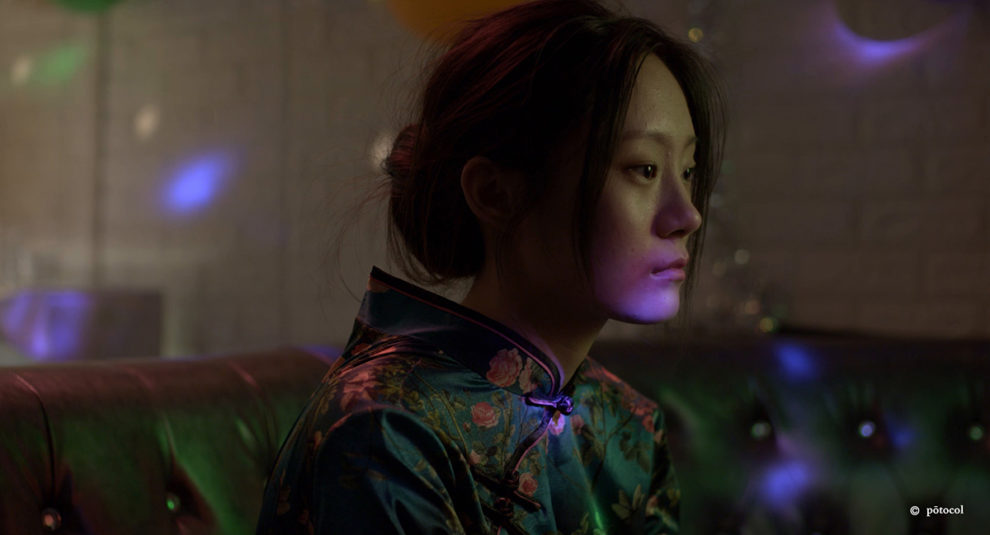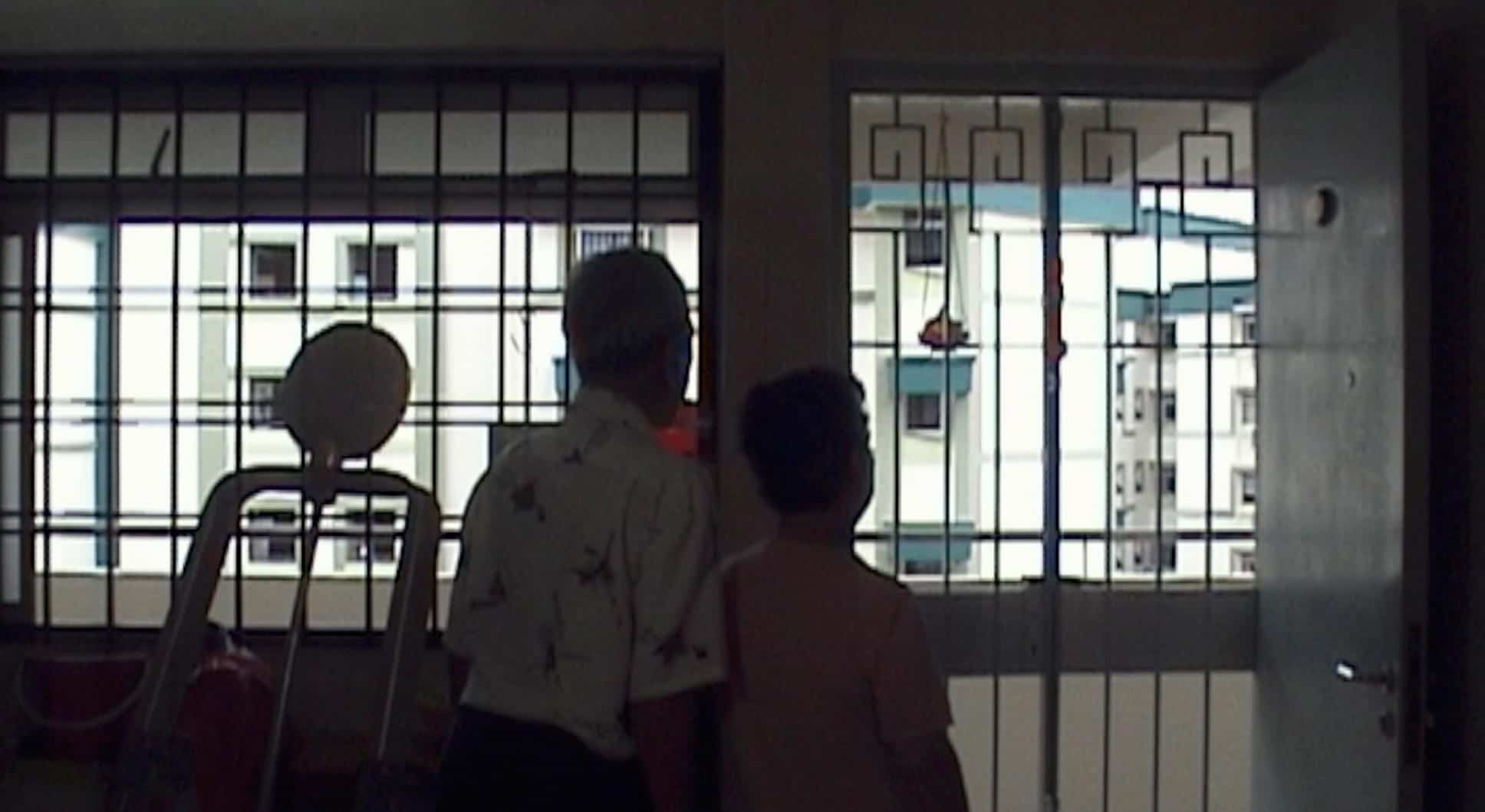Making its debut at the 2021 Osaka Asian Film Festival, “Morning Elsewhere” is a 30-minute short that, for better or for worse, refuses to be one type of movie. The movie is the first to be written and directed by young and talented Han Feng Yu (who was born in China and moved to Singapore at a young age, where he got his citizenship), since he took home the Best Fiction award at the Singapore Best Fiction awards way back in 2015 for his acclaimed short, “Last Trip Home”.
Morning Elsewhere screened at Osaka Asian Film Festival

The film opens with a stone-faced young woman, Fei, getting ready to board a bus that will take her, a group of similarly aged girls, and several suitcases seemingly full of drugs over the border. The reason she has volunteered herself to be a drug mule is unclear, but what soon becomes obvious is that she has a personal vendetta against those who are running the show. After naively trying to sabotage the operation, she ends up in the hands of a dangerous mob boss, realising that her forced heroism and desire for vengeance has perhaps led her out of her depth…
“Morning Elsewhere” is a short that at first might leave you a little disappointed. During the first ten minutes of runtime, it presents itself as quite an alluring revenge thriller, but quite quickly simmers down and reveals its intentions are far from what you might have been led to believe, as the second half of the movie takes a left turn into a lightly introspective, bittersweet drama, to fascinating effect. As I said, this abrupt tonal shift might leave you a little underwhelmed, simply due to the fact that director Han Feng Yu ekes out such an effective mystery from the beginning of the movie that a part of you does want to see it play out in the violent and cathartic fashion that is typical of the kind of narrative it seems to be suggesting it is. A huge contributing factor to the initial intrigue is that Feng Yu drops us at a point already way into the timeline of the story with little explanation, piquing our curiosity from the start. Who is this girl? What does she know that we don't? Is hers a reliable perspective? A milieu of questions present themselves immediately. Another effective creative choice comes from Feng Yu's reluctance to bridge any two scenes, jumping from A to C while skipping B altogether, similar in a way to Bi Gan's “Long Journey Into Night”, although not nearly as ambitiously loose. This keeps you a little off-balance in a really enjoyable way as you navigate through the story, especially during the first half, inviting curiosity with each new scene.
Unfortunately, as aforementioned, Feng Yu just as quickly abandons his pursuit of intrigue altogether after the next ten minutes, doling out a quick scene of exposition (albeit in an interesting enough way) and shifting his focus towards more emotional and dramatic aspects of the story, namely Fei's relationship with her sister. However, in retrospect, this decision, while unsubtle and slightly confusing at first, is ultimately quite fascinating in its rejection of a typical revenge narrative. Feng Yu introduced Fei as a determined, stoic heroine out to avenge those responsible for her sister's death, but allows her façade to crumble in on itself, revealing a young, naïve, vulnerable girl who just wishes she could sit side by side with her sister again.
Although the risk Feng Yu takes here does end up paying off, he doesn't stick the landing quite as perfectly as one would hope. Like a double-edged sword, the aspects of the movie that work in its favour also threaten to dampen its achievement. Wang Ziqi's Yang, for example, becomes a casualty of the tone switch, his character morphing at the drop of a dime from creepy and cowardly lackey to sensitive, boyish crooner. Maybe a feature length could have successfully made this kind of character transition, but thirty minutes is in this instance too short of a runtime to do it without feeling clunky.
Still, although the execution is flawed, the approach remains admirable, and is helped along by a solid lead performance. Nancy Yuan plays Fei with a stoicism that is a necessary character choice in order for the final couple of scenes, in which she finally drops her guard and lets out her emotion, to really hit home.
“Morning Elsewhere” stumbles in places but Feng Yu shows a lot of promise as a young director. With a little polish and a longer runtime to really give him room to flex his ambition, he could really shine, and is definitely a name worth remembering.















